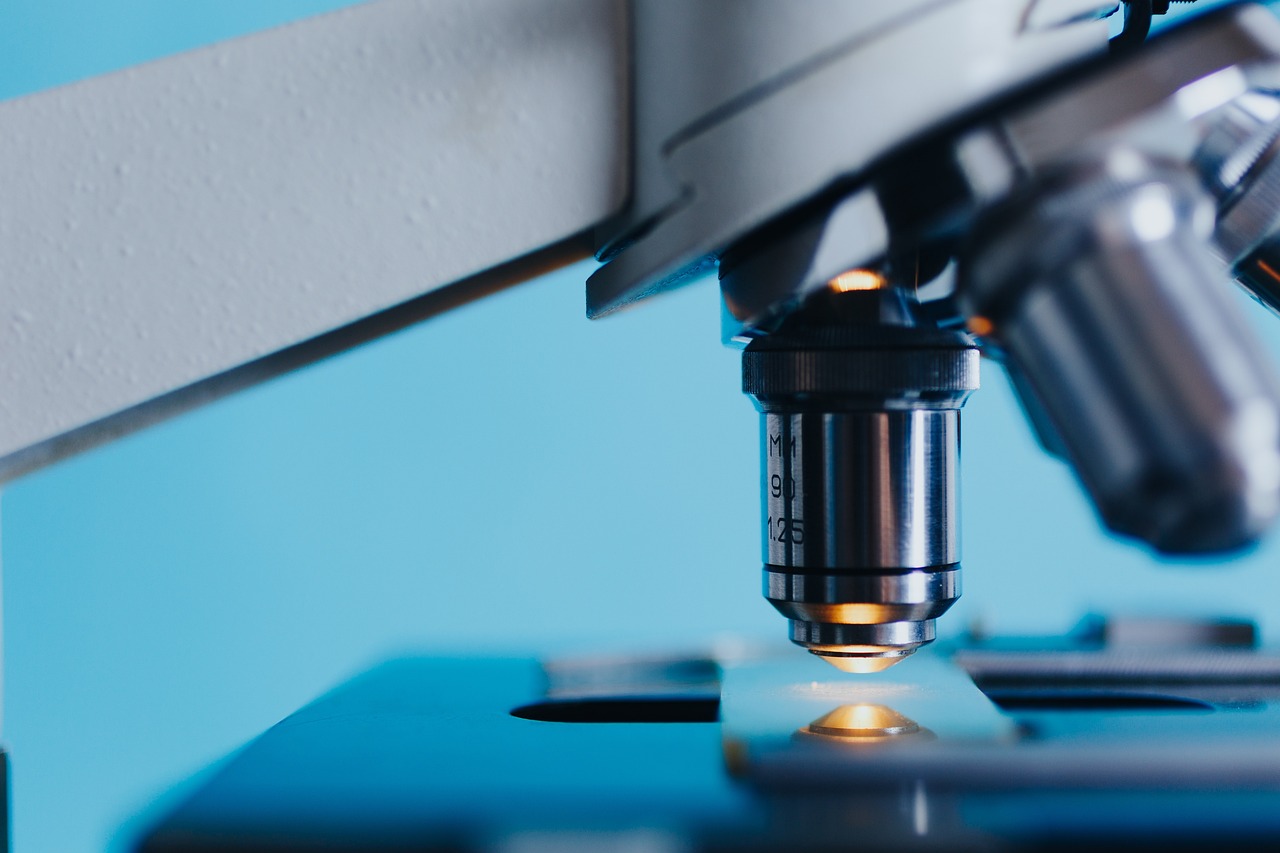Introduction:
The field of biotechnology has witnessed remarkable advancements in recent years, revolutionizing our understanding of living organisms and their potential applications. From groundbreaking gene editing techniques to the utilization of bioinformatics tools, this article explores the latest developments in biotechnology and their implications for various industries.
Gene Editing: Unlocking the Potential of Genetic Modification:
In recent years, gene editing has emerged as a powerful tool in biotechnology, enabling scientists to modify an organism’s DNA with unprecedented precision. One of the most prominent gene editing techniques is CRISPR-Cas9, which allows scientists to cut, edit, or replace specific DNA sequences. This breakthrough technology holds immense potential for various fields, including agriculture, healthcare, and environmental conservation.
In agriculture, gene editing offers the promise of developing crops with enhanced traits, such as improved yield, disease resistance, and nutritional content. Similarly, in healthcare, gene editing holds the potential to cure genetic diseases by repairing or replacing faulty genes. Furthermore, in environmental conservation, gene editing can contribute to the preservation of endangered species and the restoration of ecosystems.
Synthetic Biology: Engineering Life for Innovative Applications:
Synthetic biology combines biology, engineering, and computer science to create artificial biological systems with desired functions. This interdisciplinary field aims to design and construct biological components and organisms that do not exist in nature. By leveraging the principles of gene editing and bioinformatics, synthetic biology enables scientists to engineer organisms for a wide range of applications.
Synthetic biology has promising applications in the production of biofuels, pharmaceuticals, and biodegradable materials. For example, scientists are using synthetic biology to engineer microorganisms capable of producing biofuels as a sustainable alternative to fossil fuels. Additionally, synthetic biology can revolutionize drug discovery by designing organisms that produce therapeutic compounds more efficiently.
Bioinformatics: Revolutionizing Biological Data Analysis:
Bioinformatics is a field that combines biology, computer science, and statistics to analyze and interpret biological data. With the advent of high-throughput technologies, such as DNA sequencing and proteomics, the volume of biological data generated has increased exponentially. Bioinformatics provides the necessary tools and techniques to process and extract meaningful insights from these vast datasets.
Bioinformatics plays a critical role in genomics, proteomics, and drug discovery. It aids in identifying disease-causing genetic mutations, predicting protein structures and functions, and facilitating the development of personalized medicine. By leveraging bioinformatics, researchers can analyze complex biological systems and gain a deeper understanding of diseases, paving the way for more targeted therapies and treatments.
Conclusion:
The advancements in biotechnology, from gene editing to bioinformatics, have opened up new avenues for scientific exploration and practical applications. These technologies have the potential to revolutionize industries such as agriculture, healthcare, and environmental conservation. As researchers continue to push the boundaries of biotechnology, we can expect even more exciting discoveries and innovations in the future. The integration of gene editing, synthetic biology, and bioinformatics will continue to shape the way we understand and interact with the biological world, leading to a more sustainable and healthier future.
